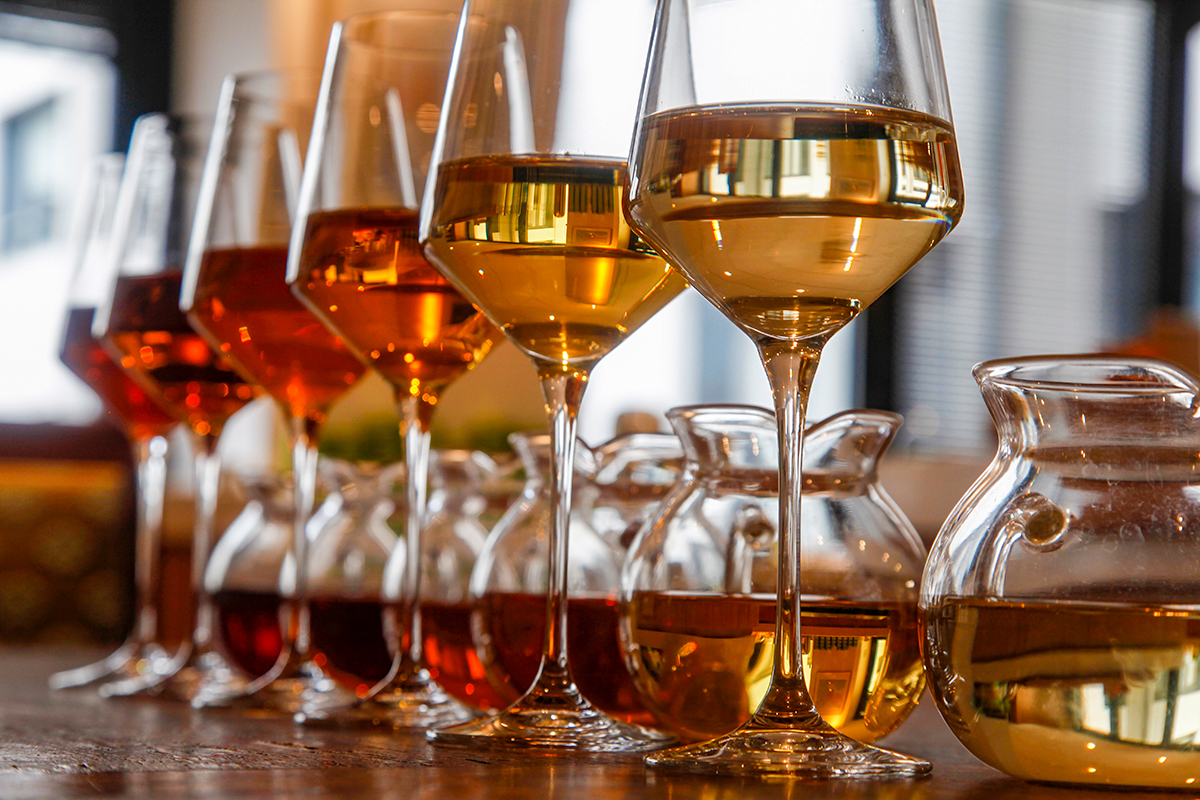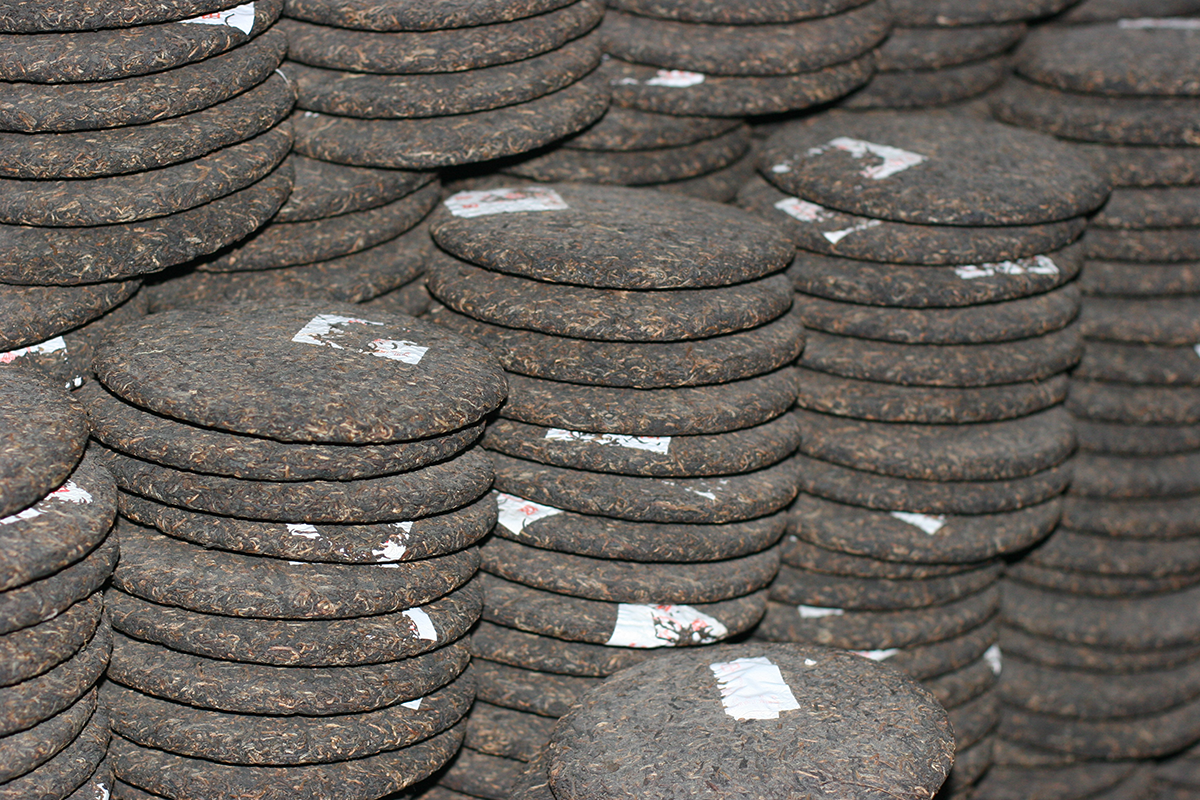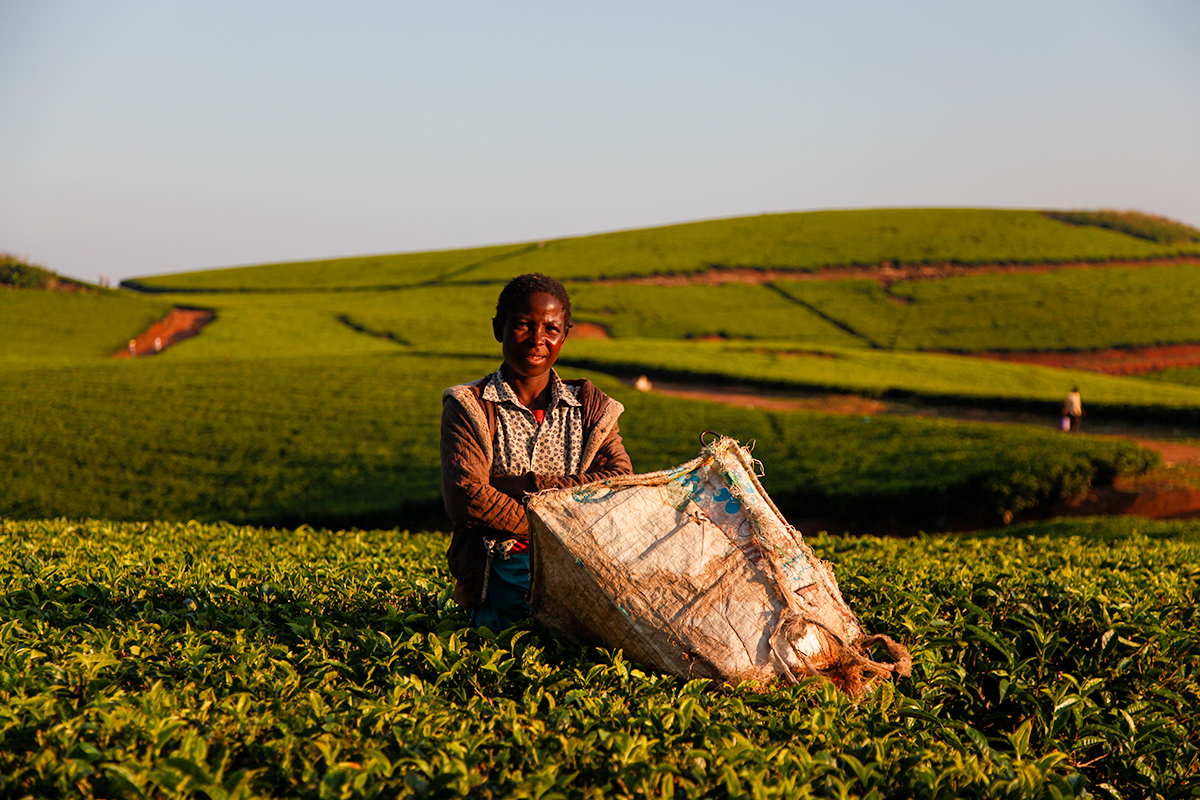La chaîne de télé M6 est venue me voir cette semaine pour m’interroger à propos d’associations de thé et de mets. Et pas n’importe quelles associations ! Uniquement celles qui ont à voir avec du salé. En effet, marier le thé avec le sucré, y compris pour les néophytes, cela coule de source et ça s‘appelle par exemple le « tea time ». En revanche, avec le salé, c’est différent, disons plus osé, alors ma première recommandation est celle-ci, pour celles et ceux qui souhaitent se lancer dans de tels accords, il est souhaitable de privilégier une infusion à température ambiante. La raison en est que si charcuterie et thé ont des choses à se dire, si fromage et thé aussi à condition de bien choisir son cru, il n’est pas conseillé ici de confronter le chaud au froid. Pour votre infusion, voici comment procéder : vous prenez le thé de votre choix, vous mettez dans une carafe la quantité habituelle à savoir deux grammes par tasse, vous versez de l’eau filtrée et vous attendez une heure. De gauche à droite, Pu Erh Impérial (pour un Comté 36 mois), Bancha Hojicha (pour un brie), Shiraore Kuki Hojicha (pour un pont-l’évêque), Butterfly of Taiwan (pour un ossau-iraty), Dharamsala smoked (pour un fromage fumé, une charcuterie), Chine Long Jing (pour un chèvre frais). Bon appétit !
Inspirations
What’s the best model for Darjeeling?
Owners are complaining, workers are grumbling, buyers are gradually turning away because of repeated price hikes, and fake Darjeelings are flooding the market. If you love Darjeeling and its people, you can’t just stand by and watch.So what can be done? What bright future can we imagine for this town that likes to call itself the “Queen of the Hills”, for this prestigious tea that makes the dubious claim of being the “champagne of teas”?If we want the workers to stay on the plantations, they must be happy, otherwise their children will leave. So they need to be treated better, and their pay is one of the factors to consider. Looking to the future, the plantation owners need to be prepared to invest. This is happening less and less at the moment because the type of owner has changed, and many are looking for a quick return on investment rather than taking a long-term view. Lastly, we can’t accept that Darjeeling tea is being blended with other teas to reduce its cost price, or that the buyer is always the variable in the equation who has to adapt.
One solution could be fewer but better trained and better paid workers, and more mechanisation, providing it doesn’t affect quality, especially in the peak season. Another possible solution would be for the plantations to buy the leaves from the farmers, who would be given back the land. The farmers would be responsible for all harvesting activities and would negotiate the price of their freshly picked tea leaves with one of the factories. The plantations would concentrate on processing and marketing the leaves. If you’re as devoted to the Land of Thunder (dorje ling) as I am, if you dream of a bright future, these are possible solutions. Surely there are others.
The dark side of tea
With all the demonstrations and riots going on in France right now, these might seem like dark times. Tea has a dark side too. Pu-er cakes are made from fermented tea, or dark tea, as the Chinese called it over a thousand years ago. After the leaves are steamed, they are compressed into a brick, a cake, or a more rustic bird’s nest. These compressed teas improve with time. To drink them, you break the side of the block and the leaves crumble off. They can now be brewed, preferably in a gaiwan, several times in a row, until they have given us all they have to give.
Don’t waste your journey
In India, Henri Michaux wrote, if you don’t pray, you have wasted the journey. This is particularly true in the city of Benares, which Indians now call Varanasi. Here, religion is on every street corner and draws huge crowds to the banks of the holy river in the evenings. You have to stay up late until all that remains are the ghosts of the city and the fervour that is still palpable in the incense smoke and the candles glowing with love for the departed. When it comes to ablutions, whatever the time of day, everyone has their own style.
In Malawi, the Satemwa plantation is celebrating its 100th anniversary
In Malawi, the Satemwa plantation is celebrating its 100th anniversary. It took me a long time to start exploring Africa – I was already busy in Asia. But after receiving many requests and to satisfy my own curiosity, to see if I could find tea as good in Africa as in Asia even though the plantations are much younger, I went there. I started in Malawi, a country of rare beauty: tea fields bathed in a different light, red earth, unfamiliar faces. The children were the same as I meet everywhere, running after me, bursting with energy and laughter. Alex, the planter for three generations now, has created a space in the impressive building to develop rare teas. It is the start of an exciting venture and a wonderful discovery for me. Happy anniversary to all at Satemwa.
Tea isn’t blooming in Peru
In Peru, tea is so cheap and in such low demand that half the production is sold to florists. Tea branches stay in bloom for a long time. It is a depressing situation for the farmers, who are deprived of precious income because of a lack of expertise and demand. These would allow them to earn a decent living and develop their business. It is my role, and that of Palais des Thés, to help them produce better, even excellent teas, and to promote their work.
Huyro tea
Until the Agrarian Reform of the 1970s, which dismantled the haciendas and expropriated the land, Peruvian tea was celebrated. In the Inca region, everyone knew the name Huyro. Today, nobody has heard of it, and for good reason: the expertise has been lost. Fortunately, a handful of farmers are working hard to improve the quality of the tea and regain its past glory.
Carlota and her beloved jungle
In Colombia, tea grows in the Andes; more specifically, in the region of Cali, the capital of salsa. But there is more to this area of the Cauca Valley, south-east of the capital Bogotá, than dancing. Once known for its sugar cane, the district’s most famous crops now include coffee and cocoa. And surely tea too, one day, which creates beautiful landscapes here. Carlota, who oversees the region’s only plantation, has a principle: the plots cover a maximum of five hectares and are surrounded by the jungle, in order to protect the biodiversity that is so important to her. Carlota’s whole life revolves around her love of nature and her love of the jungle where she has chosen to live. She is devoted to her tea crops because they allow a whole community to live in these mountains and help preserve this unique, fragile and incredibly rich environment. It is a truly special place.
To be human
In Nepal, it is not the year 2023 but 2078, until April. Just a few days before the New Year, I was lucky enough to watch the sacred dances at Shechen monastery. Behind the scenes, the monks get ready. They each put on their costume. The boy plays the role of the jester. He and his companions will entertain the spectators and play tricks on them between dances. These atsaras remind us of our human condition. To be human: that is all I wish for us at the start of this new year.
Dodik teaches farmers the art of tea production
Tea always tastes better when you’re lucky enough to know the people who made it and are familiar with the landscape of the fields where it grew, the soil and the bushes. I’d like to introduce you to Dodik. He lives in Pacet on the Dieng plateau, at an altitude of about 1,200 metres. After visiting each plot and examining each plant and cultivar, he buys the farmers’ freshly harvested leaves and turns them into green or black tea, depending on the quality of the shoots and what he needs. He also teaches the locals how to produce their own tea. Some of them already make wonderful, rare teas. And in a few months, Dodik will give us the magnificent “Java Honey”, a delicious black tea roasted over coconut charcoal.




